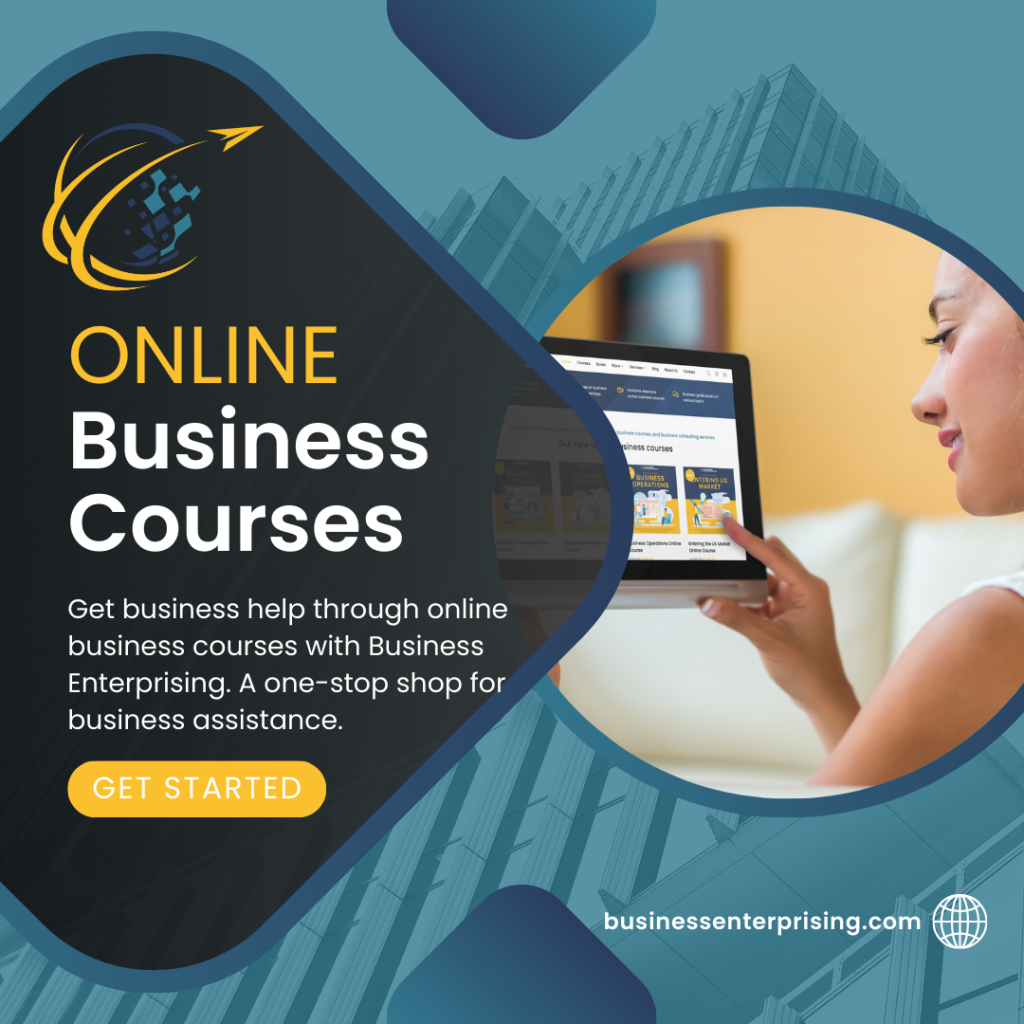
Digital Transformation in Consulting
Digital transformation is reshaping how consultants work with businesses to streamline and modernize operations. As companies seek to adopt new digital tools, consultants guide them in implementing cloud computing, artificial intelligence (AI), and automation. These technologies allow businesses to scale operations, improve efficiency, and reduce manual tasks. By focusing on digital tools, consultants help clients stay agile and competitive.
Cloud computing, for instance, enables businesses to access resources on demand, eliminating the need for costly on-site infrastructure. Consultants often recommend cloud-based solutions that allow teams to work collaboratively and securely from anywhere. This approach supports remote work and improves flexibility. Automation is another area where digital transformation is evident. Consultants are helping businesses automate repetitive tasks, which frees up time for more strategic work and reduces error rates.
AI is also a central focus in business consulting trends. Many consultants are now helping companies adopt AI-powered tools for data analysis, customer service, and even product recommendations. These tools allow businesses to understand customer behavior better and make data-driven decisions quickly. With the growing demand for digital adaptation, consultants play a key role in guiding businesses through the technical and strategic aspects of transformation.
Sustainable and Ethical Consulting Practices
Sustainability and ethical practices have become central to modern business consulting trends. Many companies now seek consultants who prioritize environmental impact and social responsibility. This shift reflects a growing awareness of the importance of sustainable practices in preserving resources and building positive brand reputations. By adopting sustainable strategies, businesses not only contribute to environmental goals but also meet increasing consumer demand for responsible practices.
Ethical consulting focuses on integrity and transparency, ensuring that business decisions align with values and long-term goals. Consultants guide clients in creating policies that respect labor standards, environmental laws, and fair trade principles. These ethical frameworks influence day-to-day operations, supply chain choices, and partnerships. When businesses adopt these practices, they often see improvements in brand loyalty and community trust.
Consultants specializing in sustainability and ethics also assist companies in measuring their impact and setting realistic goals. They provide insights into reducing waste, optimizing energy use, and sourcing materials responsibly. As these practices become embedded in operations, companies can improve efficiency and reduce costs over time. These business consulting trends help companies stay aligned with global sustainability goals, influencing both industry standards and customer expectations.
Data-Driven Decision-Making
Data-driven decision-making has become a core element of business consulting trends, with consultants using data analytics to guide strategic choices. By analyzing data, consultants can identify patterns, forecast trends, and recommend actions that align with a company’s goals. This approach reduces guesswork, providing companies with a clearer picture of where to allocate resources or adjust strategies for the best results.
The value of data in strategic planning cannot be overstated. Consultants can use data insights to understand customer behavior, market demands, and operational efficiency. For instance, by analyzing sales data, consultants can help identify high-performing products or services, guiding clients on where to focus their efforts. This data-driven approach allows companies to make informed decisions that increase profitability and improve customer satisfaction.
In addition, data analytics supports more responsive decision-making. Consultants use real-time data to help businesses quickly adapt to changing market conditions or customer needs. This agility can offer a competitive advantage, allowing companies to act on insights before trends shift. As data-driven consulting continues to grow, businesses are increasingly turning to consultants who can provide these valuable insights. Adopting these data-focused business consulting trends allows companies to stay informed, agile, and prepared for future challenges.
Remote and Hybrid Consulting Services
The rise of remote and hybrid consulting services has become a major shift in business consulting trends. Many consultants now deliver services virtually, allowing them to support clients without location constraints. Remote consulting provides flexibility for both consultants and businesses, enabling work across different time zones and reducing travel-related costs. For businesses, virtual consulting often offers faster access to expertise and simplifies scheduling, making the consulting process more convenient.
However, remote consulting also brings unique challenges. Consultants may find it harder to build rapport without in-person meetings, which are often valuable for relationship building. Communication may also face obstacles, as virtual interactions can sometimes limit non-verbal cues. Hybrid models—combining in-person and remote interactions—help balance the flexibility of remote work with the personal touch of face-to-face meetings. This approach allows consultants to meet with clients periodically in person while maintaining the convenience of virtual sessions.
Hybrid and remote models have introduced new tools and technologies for collaboration, from video conferencing to cloud-based project management platforms. These tools help streamline communication, making it easier to share updates and track progress on projects. With remote and hybrid consulting models, businesses gain more choices for accessing expertise, while consultants expand their reach. As these business consulting trends continue, they will likely shape the consulting industry by blending efficiency with accessibility and convenience.
Specialized Niche Consulting
Specialized niche consulting has become a prominent focus in business consulting trends, addressing the specific and evolving needs of various industries. As companies face unique challenges, many are turning to experts in fields like cybersecurity, Diversity, Equity, and Inclusion (DEI), and crisis management. These niche areas allow consultants to provide targeted insights and strategies, helping businesses navigate complex situations with specialized knowledge.
Cybersecurity consulting, for example, has grown significantly as companies prioritize data protection and compliance. Consultants in this niche assess vulnerabilities, recommend protective measures, and guide companies in meeting security standards. As cyber threats continue to evolve, having a dedicated expert in cybersecurity provides businesses with a proactive approach to risk management.
DEI consulting also highlights this trend, with businesses increasingly focusing on fostering inclusive and diverse work environments. DEI consultants offer guidance on creating policies, training employees, and establishing supportive practices. This specialized support helps businesses cultivate a culture that values equity, positively impacting employee satisfaction and brand reputation.
Crisis management consulting has also seen increased demand, especially in sectors sensitive to public relations or operational disruptions. These consultants help organizations prepare for, respond to, and recover from unexpected challenges. By focusing on these specific areas, niche consulting allows businesses to access expertise precisely when they need it, enhancing their capacity to address specialized demands effectively.
Outcome-Based Consulting Models
Outcome-based consulting models are gaining popularity among business consulting trends, emphasizing measurable results and also aligning fees with performance. Unlike traditional models, where consultants are paid based on time or effort, outcome-based models tie compensation directly to results. This structure motivates consultants to focus on impactful, tangible outcomes that meet specific client goals.
For clients, this approach provides greater transparency and accountability. By agreeing on clear performance metrics at the start, clients know precisely what they’re paying for and can track progress. Metrics can include improvements in revenue, operational efficiency, or customer satisfaction, depending on the business’s priorities. This outcome-driven model builds trust and demonstrates value more clearly, as consultants are rewarded for achieving concrete milestones.
However, outcome-based consulting also requires careful planning as well as realistic goal-setting. Both parties must define success clearly to avoid misunderstandings and manage expectations. Consultants often conduct thorough assessments to establish feasible targets and also build strategies around them. As this model grows in popularity, it reflects a shift toward more results-oriented practices in business consulting trends. Outcome-based consulting allows clients to see direct returns on investment, creating a win-win scenario for both businesses and consultants.
Conclusion
Business consulting trends continue to evolve, meeting the changing needs of companies in a dynamic market. From digital transformation to outcome-based models, consulting now focuses on creating measurable, sustainable results. By adopting these trends, consultants help businesses remain competitive and responsive. Whether your goals involve digital tools, ethical practices, or specialized services, modern consulting options provide targeted solutions that support growth. As you explore these trends, consider which approach aligns best with your company’s needs. Business consulting has become more versatile as well as results-driven, offering a path to meaningful improvements that can shape long-term success.


